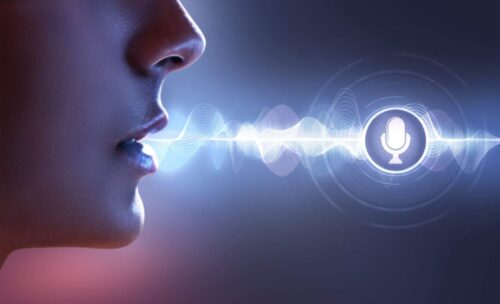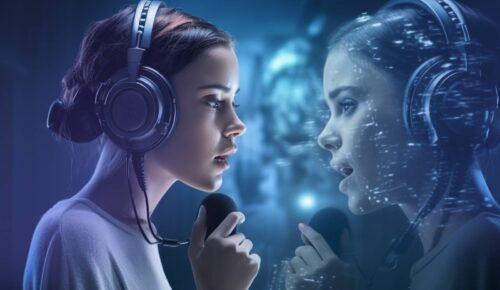
Advancements in artificial intelligence are shaking up the global music industry, and Africa’s rapidly growing Afrobeats genre isn’t exempt. AI tools can now clone the voices and styles of artists, sparking discussions about creativity, ownership, and opportunity. As music fans embrace these innovations, the question remains: what does AI voice cloning mean for African musicians and their rights?
When AI Imitates Artists: The Drake Example
Recently, an AI-generated song featuring the voices of Drake and The Weeknd, created by a TikTok user, went viral, racking up millions of views and streams. Despite its success, the song was pulled from platforms after music label Universal Music Group argued it infringed on intellectual property. This incident illustrates the tension between creativity and legality as AI begins to blur the lines between real and artificial.Nigerian artist Barzini, reflecting on this trend, worries that such tools could be misused to exploit hardworking African musicians. He draws a parallel to the era of Alaba Piracy in Nigeria, when unofficial albums were distributed without artists’ consent. Yet, Barzini also sees opportunity: with AI, musicians can create innovative works or even experiment with “collaborations” featuring the voices of global icons like Michael Jackson. “The technology could be a game-changer for Afrobeats, as long as it’s used responsibly,” he says.
Opportunity Meets Risk
AI has the potential to revolutionize African music markets, but opinions vary on its long-term impact. Music journalist Joey Akan believes AI offers untapped potential. “Technology like this allows artists to create without human limitations,” he explains, emphasizing the need for African countries to use AI to scale their creative markets. Despite Nigeria’s dominance in African music, Akan notes its absence among the world’s top streaming markets—something AI could help change.However, Edwin Madu, a Nigerian musician and record label owner, is wary of AI’s ethical implications. “This isn’t like sampling. AI replicates unique voices and styles, which raises concerns about originality and fair compensation,” he says. For Madu, it’s essential to establish proper legal frameworks to protect artists’ work.Ifeyinwa Anyadiegwu, head of legal at a prominent Nigerian music label, echoes these concerns. She highlights the potential complexities of licensing AI-generated music, as various stakeholders—artists, producers, and publishers—will seek compensation. Yet, she also acknowledges the upside: properly licensed AI renditions could boost the visibility of African artists and increase their revenue.
A Path Forward for Afrobeats
The conversation around AI-generated music is both exciting and challenging. While it raises concerns about intellectual property and cultural ownership, it also opens doors for unprecedented creativity. Joey Akan believes legal reform can address these challenges while creating new opportunities for African artists, including legacy musicians. “With AI and the right rules, we could see collaborations between today’s stars and icons from the past—imagine a track featuring Fela Kuti and a modern Afrobeats artist,” he says.Not all artists share this enthusiasm. When asked about AI voice clones, Nigerian musician Portable dismissed the possibility, saying, “No one can sing like me.”Ultimately, as Afrobeats continues its global rise, artists, industry leaders, and policymakers must navigate the balance between innovation and integrity. AI could redefine the future of music creation, but it’s essential to ensure that African musicians—past, present, and future—reap the rewards of their creativity.



